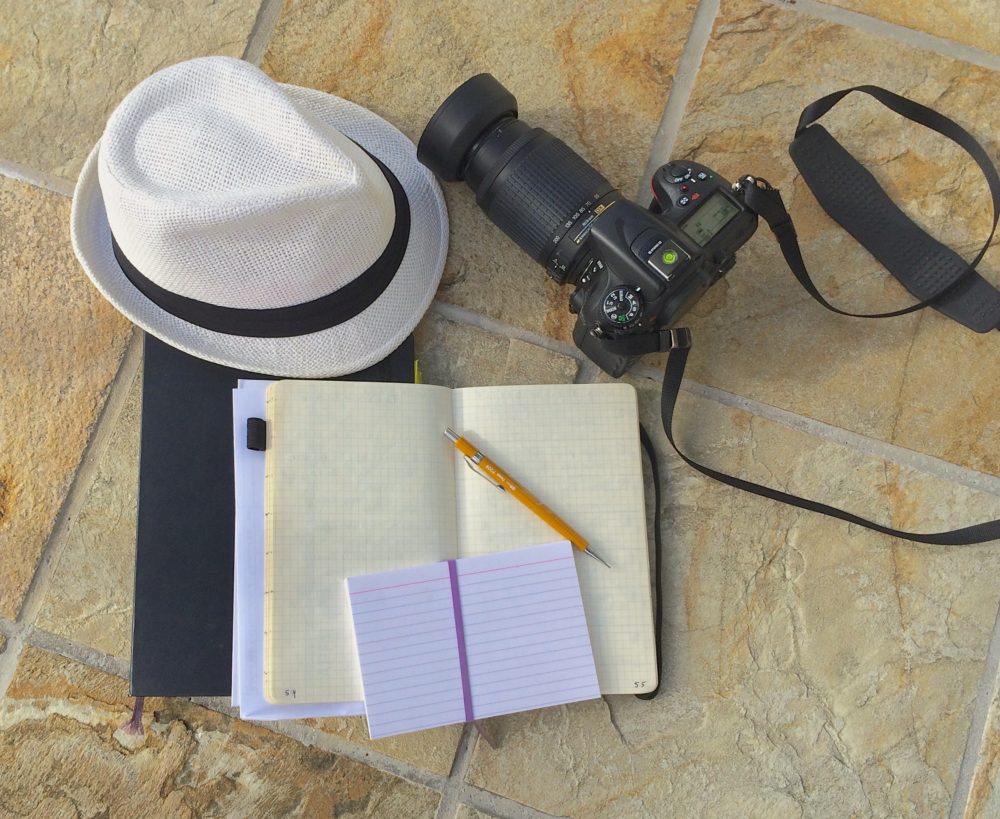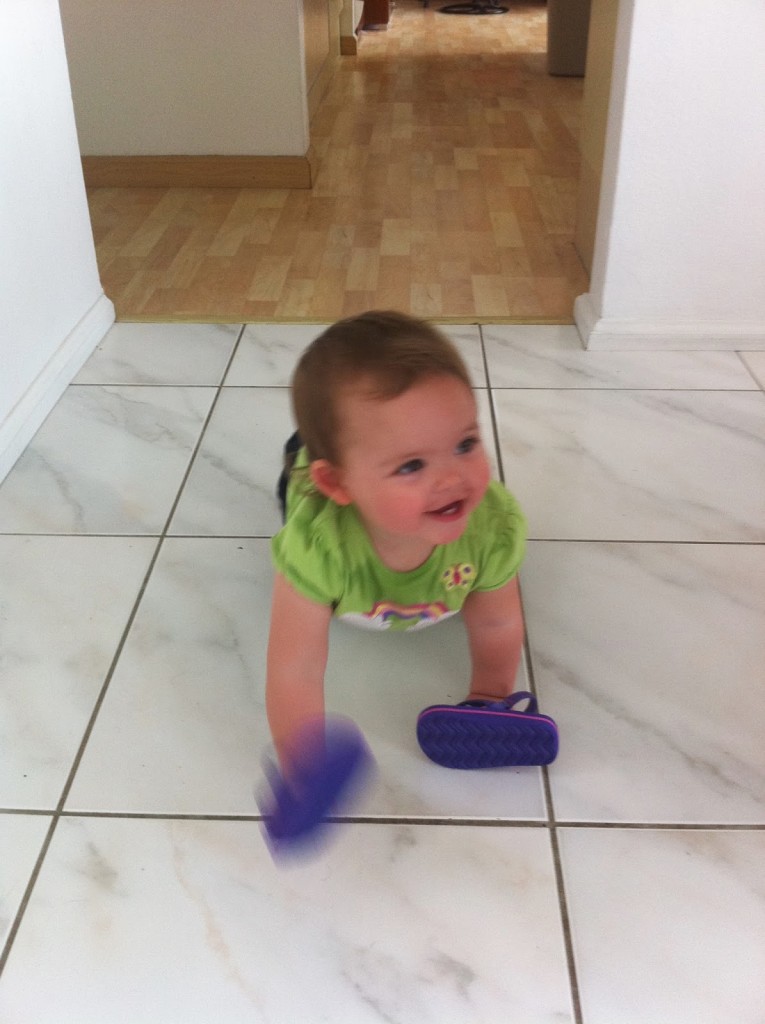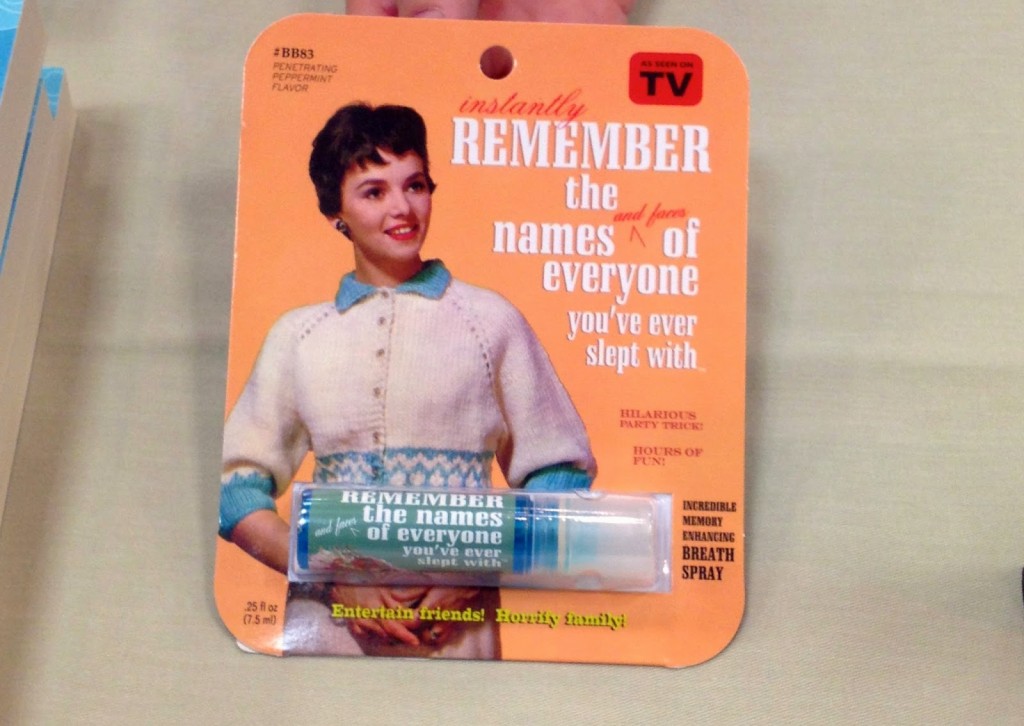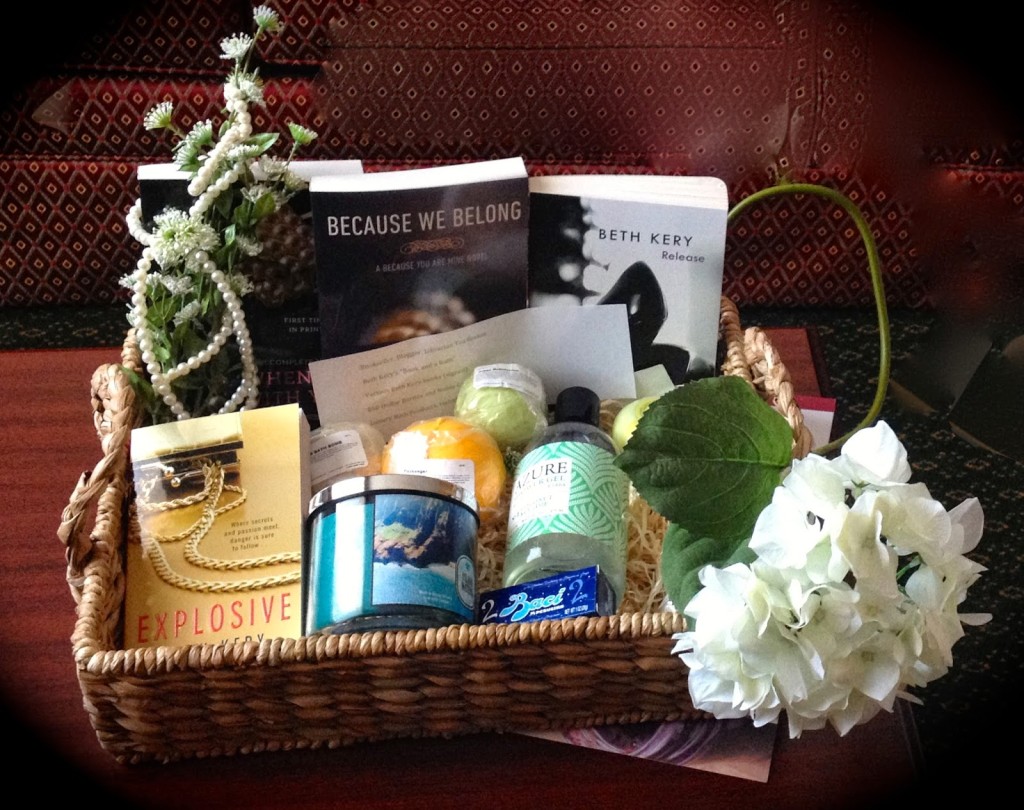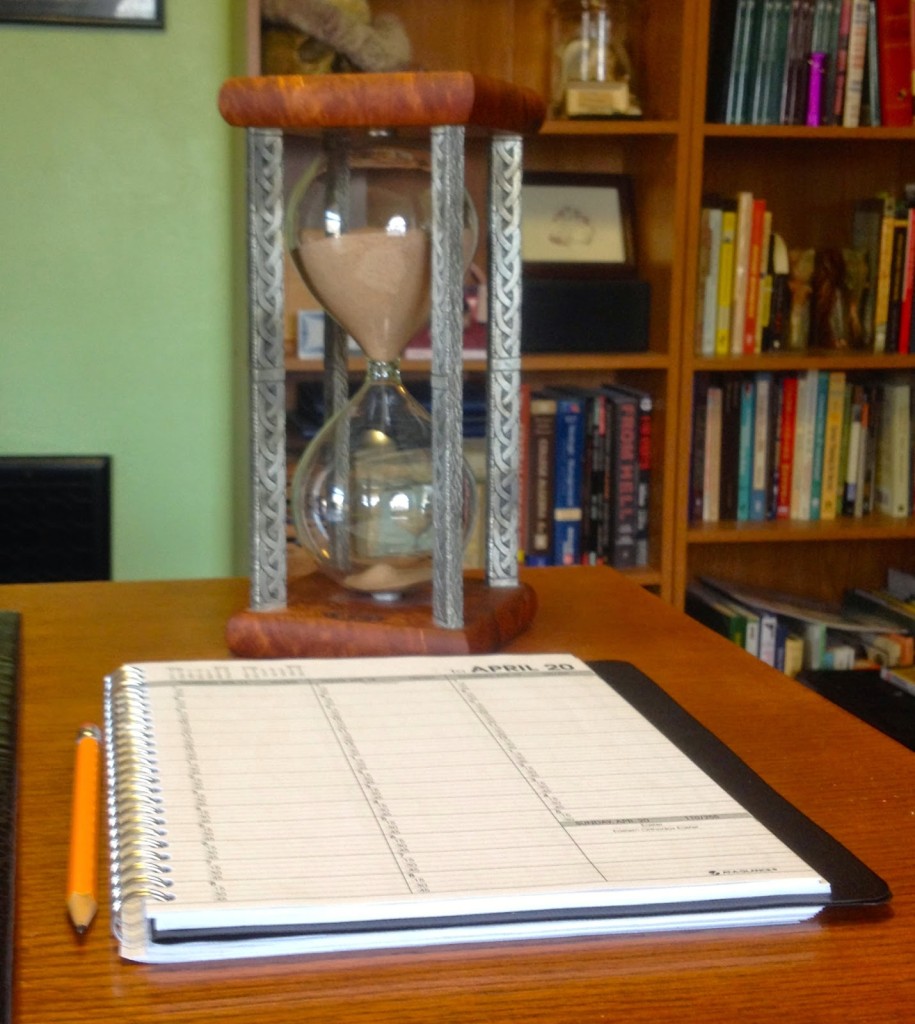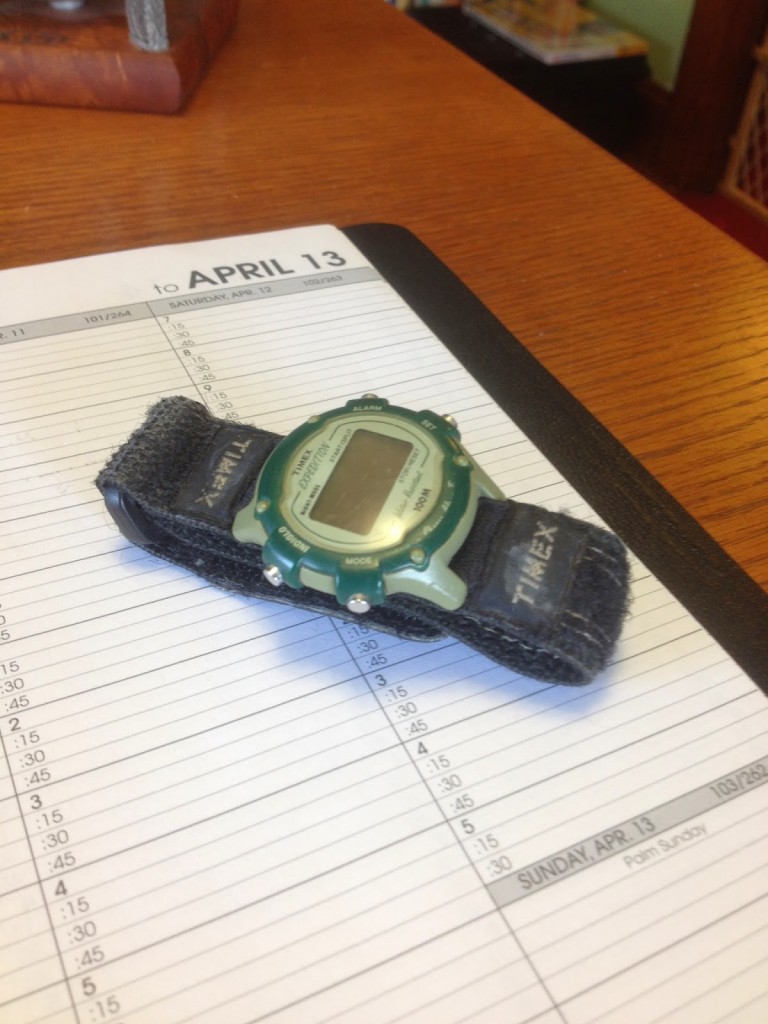 |
| They are all ears! |
Improving your listening skills may not be easy, but it should be a priority. Listening is the key to good relationships, following directions, understanding others, and success. It is a difficult task for those of us with ADD/ADHD. Our minds pick up words randomly and start new lines of thoughts in our heads, while you are still talking to us. Our brains haphazardly latch on to phrases, we notice your sparkly jewelry, someone walks by, and we struggle to focus on what you are saying to us. If we are the middle of another task, and you talk to us, we will respond. You will leave thinking we heard you, and we will be left wondering what it was you said to us.
Unlike people who struggle to listen because they are thinking of their response, ADD/ADHD folks are trying to sort unimportant information from important information. We are trying to reel in our brains that have gone on off on some tangent, provoked by a word, or phrase in the conversation.
Given our impulse control issues, this leads to us blurting out some truly off the wall comments in the middle of conversations. This can cause people to think that we are: A) crazy, B) rude, or C) all of the above. Developing listening skills takes work.
If you struggle with listening try these three tips:
1) Speak up if you are having a hard time concentrating. This means admitting to people that you have no idea what they just said. Ask to move the conversation to a less distraction filled location.
2) Stop. If you are doing another activity, and it is safe for your to stop that activity, do it. Trying to listen while doing anything else is a sure way to fail.
3) Turn off, or put away electronic devices. Turn off the TV, stick your phone in your pocket, close your laptop, put down the game console, etc. Screens are death to listening.
As hard as it is to listen in relationships and intimate settings, listening during lectures, and in classroom settings is more problematic. We are surround by other people, and not in control of the environment. An open window, a windy day, anything, and nothing can distract us from the listening. When we are able to listen, our brains gobble up all material presented, often in no particular order.
To improve your listening skills in lectures and classroom settings try these three tips:
1) Take notes. If you do not have a system for taking notes, or if you have a young person who is struggling with how to listen and take notes, this is a great link to PDF of how to use the Cornell Note taking system . Over the years I have modified the Cornell System to work with my visual style of learning. In addition to using the Cornell system, I add flow charts and use sketches to define key words.
2) Limit distractions in your environment. Choose a seat that distances you from distractions. Sit in the front of the room, try to sit with your back to windows, and avoid sitting next to anyone using their computer to take notes.
3) It you feel yourself drifting, get up and stand at the back of the room. It may make it harder to take notes, but standing can help you focus. If you have hyperactivity issues, a fidget, aka a small item you can manipulate, can help improve your focus. This article explains fidgets for ADHD (http://www.additudemag.com/adhd/article/8706.html) . I have used fidgets for years, and find it useful to keep my hands busy in order to sit still. Fidgets like this can be a big help for adults, for kids there are fidgets like these . If you want to send your child to school with a fidget, make sure to check with the teacher first, find a fidget that is quiet, to avoid distracting to other children.
I hope these tips help. For more information on how to improve your listening skills, I recommend The Lost Art of Listening: How Learning to Listen Can Improve Your Relationships by Michael P. Nichols, PhD . My copy is highlighted and underlined. Although the book is does not specifically address ADD/ADHD issues and listening, it made a very big difference in my life. Improve your listening skills. The people in your life will thank you for doing it.
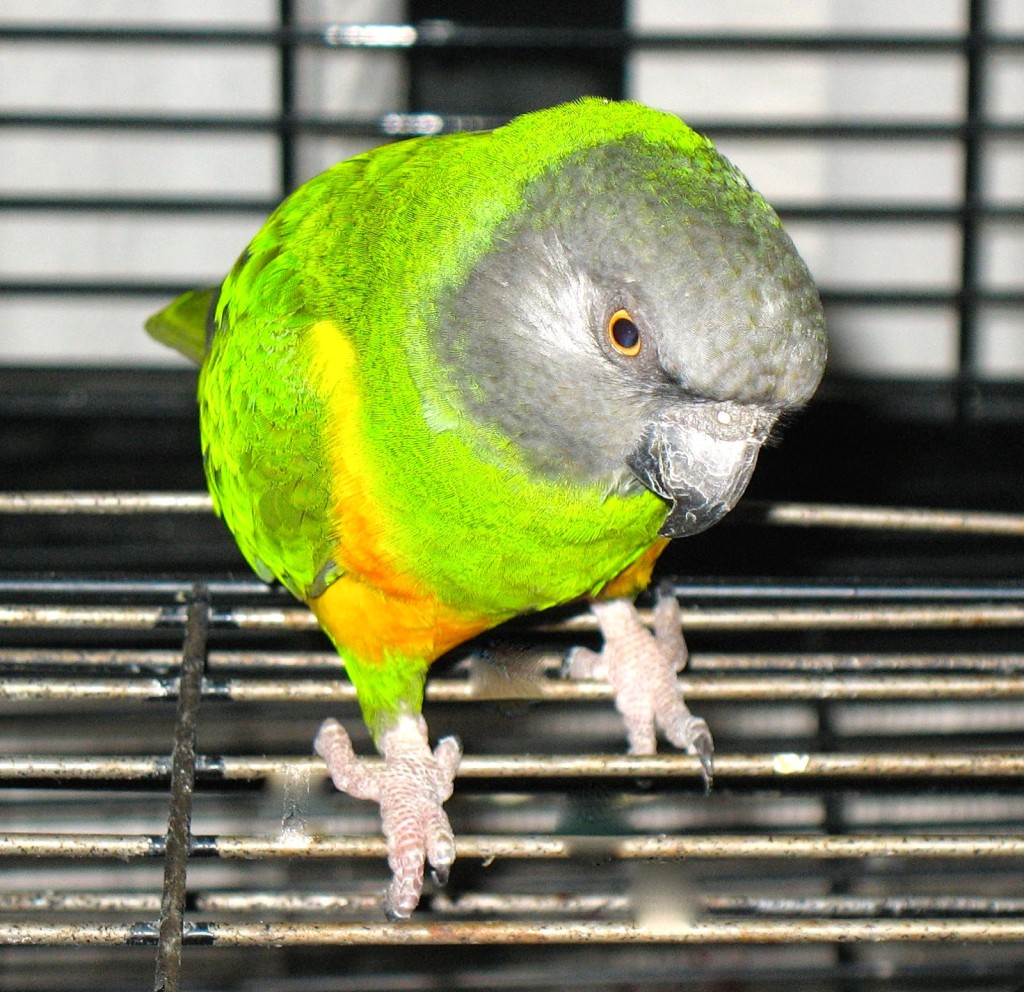 |
| The bird is listening… |

